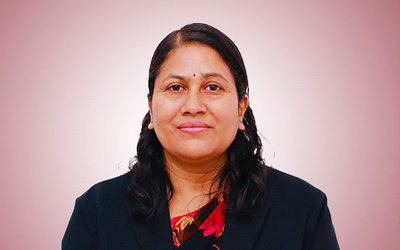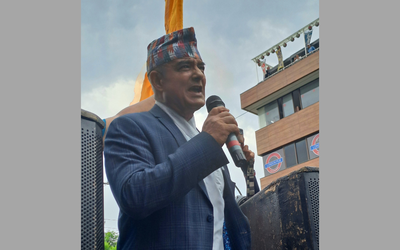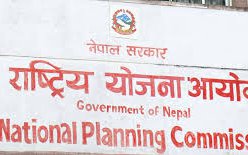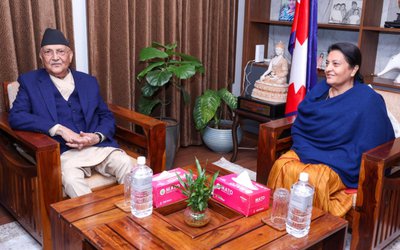More on News




The Asian Development Bank (ADB) has approved a $120 million loan and a $500,000 grant to help improve access and quality of secondary education in Nepal.
The loan is part of a multi-donor program to provide $6.5 billion to the School Sector Development Plan, the government’s main education initiative for 2017-2023, that includes setting up of 200 model schools with disaster risk resilient infrastructure, improved education facilities, a full complement of teachers and quality improvements to enhance student learning.
“Continued investment in education, particularly secondary education, is critical for Nepal to achieve its goal of becoming an inclusive and prosperous middle-income country by 2030,” said Sungsup Ra, Director, Human and Social Development Division in ADB’s South Asia Regional Department. “The project will support government efforts to increase the number of secondary school graduates, who will earn higher wages than non-graduates, and boost the efficiency of the country’s education system.”
Although enrollment in basic education is high, few students, especially among marginalized groups such as Dalits and poor girls, progress to secondary education in Nepal.. The quality of learning is hampered by a lack of teachers and scarce opportunities for teachers’ professional development. Average achievement scores are particularly low in key subjects like math and science, and only 47% of students passed the grade 10 examinations in 2015.
As part of the School Sector Development Plan, the ADB loan will boost quality education by, for example, introducing and expanding ICT in classrooms, boosting teachers’ professional development, and promoting activity-based pedagogy for math, science, and English. The model schools, meanwhile, will have a separate head teacher, a full complement of subject teachers, disaster risk-resilient infrastructure, water and sanitation facilities, a library, a science laboratory, ICT facilities, internet connectivity, and e-resources.
The $6.5 billion program will benefit 6.3 million students, 153,200 teachers, and more than 34,000 schools. It is envisaged that 4,500 schools will receive separate individual subject teachers for math, science, and English by 2021. Professional development courses will be provided to 13,500 subject teachers and activity-based math, science, and English kits for grades 6-8 will be made available in 3,000 schools. The model school program will be rolled out in 200 community schools, benefiting 40,000 students—half of which will be girls—with training for 2,000 teachers in new ICT and e-learning resources.
The program will be carried out over the next 5 years under ADB’s results-based lending modality, which will disburse funds based on the achievement of yearly results or performance targets.
“We expect the government to establish a sound institutional setup to strongly drive the reform and change processes envisaged in the SSDP,” said Ra.
ADB will collaborate with 8 other development partners and the government of Nepal in a sector-wide approach, using a common results framework and disbursement-linked indicator matrix. This will ensure harmonization and joint action for greater impact.







